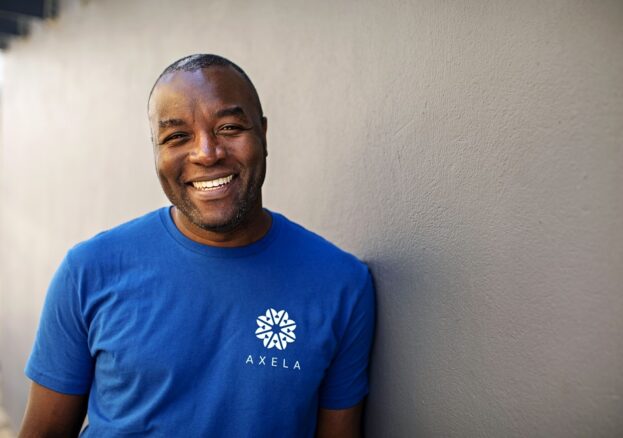
The problem with BAME is that it lumps everyone who’s non-white together in one category. Never mind if they’re black of Caribbean origin, as I am, or black African (there are over 50 countries, each with different ways of life and a multitude of religions). Or Asian, which is another broadbrush term that’s part of the category. Whilst BAME may be useful shorthand for comparative statistics (white versus BAME), it’s not necessarily a helpful term for those with completely different experiences sitting within the category.
Being part of the ‘BAME’ community and seeing the VC funding statistics (including an increase in investments in BAME companies) certainly doesn’t reflect my experience. Securing VC funding already means walking a tricky tightrope without doing it as a black male. In my two rounds, I’ve been routinely overlooked even in the waiting room, as it was assumed I was part of the support team, rather than the founder who secured the appointment. The first hurdle to vault is not looking like the person offering a handshake.
Added to that, being a health tech co-founder, I don’t fit into the standard pigeonhole for a black male. If I’d been representing a sports brand, say, or something around music or food – all perceived as black pursuits – I’d be a more typical and potentially safe investment. VCs may have been more receptive. However, coming to them with a health product and extensive knowledge of the NHS felt less safe, less easy to understand.
Something you quickly learn is that the first funding should come from friends and family before most VC will engage or invest. That could be as much as £250,000, but even if it’s £10,000, people of colour are at an immediate disadvantage. How many people of colour would have access to that kind of money from friends and family? As a snapshot, The Colour of Money Report from the Runymede trust in April this year showed that Black African and Bangladeshi households have 10 times less wealth than White British people. Put simply, the system is rigged.
So, how should people of colour go about trying to grow their business? Well, firstly there are more companies – including Axela – who actively invest in minority groups (50% of our investments currently go that way). These are becoming more visible – seek these out. And secondly, consider other ways to get yourself on the map. If you have a good product idea, try and get your story out there. There are platforms and there are other ways to promote yourself. Since I’ve started telling my story more – as I’m doing now – I’ve had more conversations and I’ve been actively approached by people who are interested in having funding conversations. They’re coming to me.
It’s not easy – people of colour are starting from a position far behind everyone else – but don’t automatically go down the traditional route. As a black man I was always taught that nothing would come quickly or easily and it’s made me work harder and be more persistent and built up a level of resilience that has helped to drive me. I now hope I can make the journey far easier for my children behind me.
